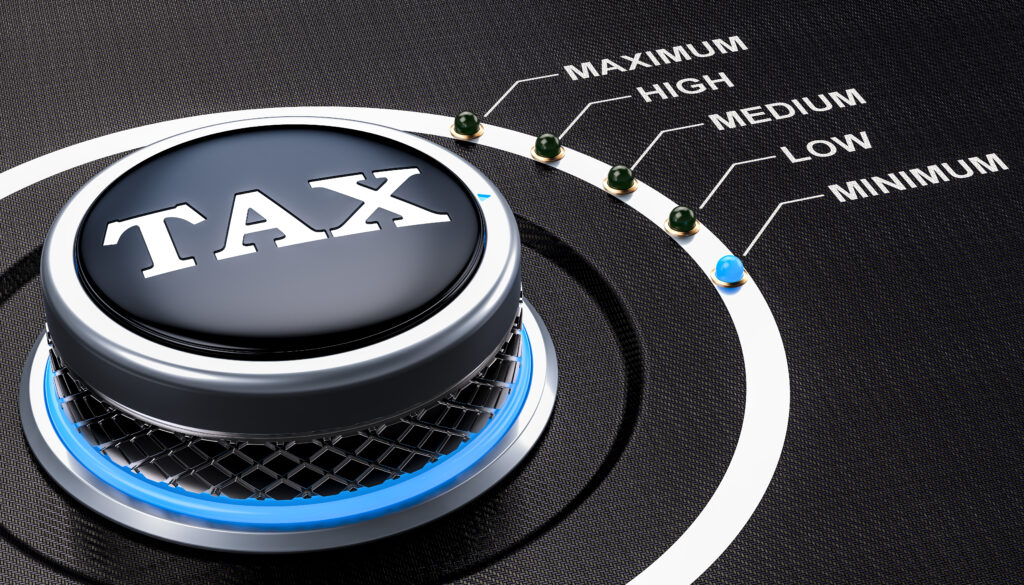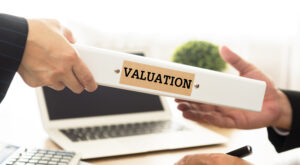Is The U.S. Really a Low-Tax Country?

Many U.S. taxpayers feel that our country’s taxes are too high, no matter which economic class you’re in. Likewise, regardless of which side of the political world you rest, most people would agree that the U.S. tax system needs some serious upgrading, and not just some fine-tuning. However, it appears that compared to many of the other developed countries in the world, the U.S. is actually on the low end of the tax scale.
According to the Organization for Economic Cooperation and Development, some of the most recent numbers show that about 30 other developed economies have higher taxes than the United States. In 2014, the U.S. government collected 26 percent of the gross domestic product revenue, which was way below the average of the rest of the world, which is 34.4 percent.
Of the 30 countries included in the report, there were only three economies that had a smaller tax percentage than the United States: South Korea, Chile and Mexico. Denmark leads the list with the highest percentage; a whopping 50.9 percent, and France, Italy, the U.K. and Germany were all over 30 or even 40 percent as well.
So why do U.S. taxpayers complain so much about taxes, if the country is actually towards the bottom of the list? It’s because the U.S. is the only country on the list that doesn’t use a Value Added Tax, or VAT. A VAT helps supplement revenue from other sources, which raises nearly 7 percent of the GDP in these countries. The U.S., on the other hand, has to count on other taxes to supplement its revenue because it does not have a VAT. And that won’t likely change any time soon.
Tax Strategies Under Obama Tax Plan
Tax Strategies Under Obama Tax Plan Everyone is aware that President-elect Barack Obama has stated his case clearly that there will be a major tax bill for 2009. As our experience shows, a first-term tax law will probably not see passage by both houses until as late as July; however, it is more than likely…
Gift Tax: Tips from the IRS
Gift Tax: Tips from the IRS Taxpayers who have given gifts exceeding $11,000 in value to a single individual must report the total gift amount to the Internal Revenue Service (IRS). The giver may owe taxes on the gifts. The recipient, however, does not have to report or pay taxes on the value of the…
Secondary Market May Impact 409A Valuations
Secondary Market May Impact 409A Valuations An issue gaining attention with respect to 409A valuations is the fact that many private company shares are increasingly being traded in the secondary market. There is a debate among valuation specialists over how transactions in private company stock impact the value of the company securities for 409A purposes.…
Five Tips for Recently Married or Divorced Taxpayers with a Name Change
Here are five tips for recently married or divorced taxpayers with a name change. If you changed your name after a recent marriage or divorce, the IRS reminds you to take the necessary steps to ensure the name on your tax return matches the name registered with the Social Security Administration. A mismatch between the…




